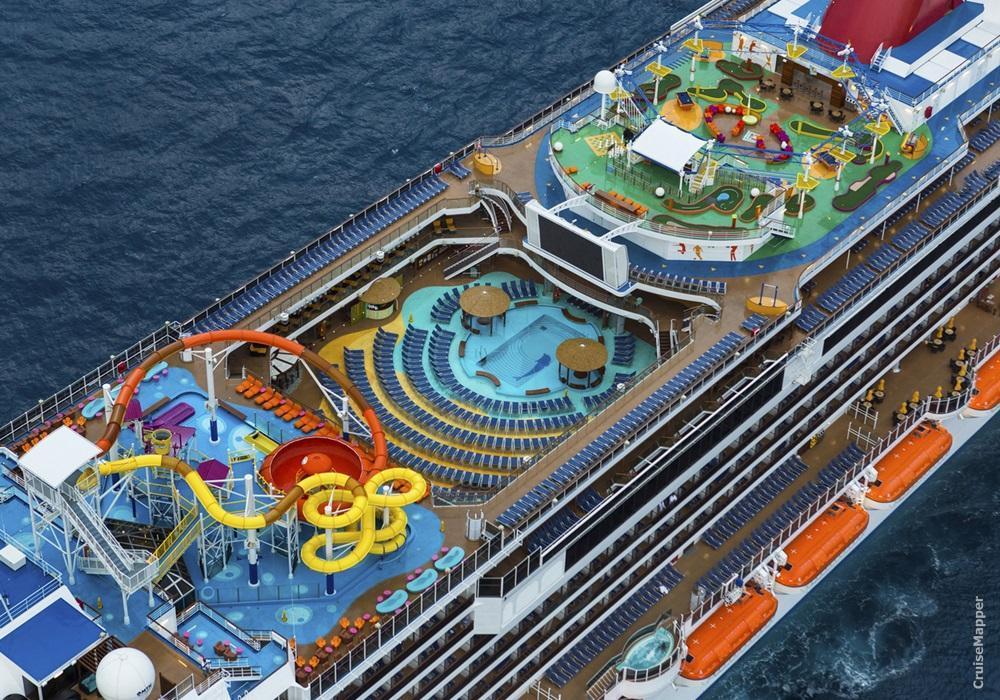Carnival Corporation & plc released its 8th annual sustainability report, revealing that last year the company achieved its 25% carbon reduction goal 3 years ahead of schedule and is now on track with its 9 other 2020 sustainability goals.
Looking to the future, the corporation continues to chart its sustainability trip, using United Nation's 17 Sustainable Development Goals as the framework to identify brand new environmental management, health, safety, energy efficiency and wellbeing objectives to strive towards by 2030.
Carnival Corporation shared its 2020 sustainability goals for the first time in 2015, identifying ten objectives that include reducing company's carbon footprint, reducing waste generation, improving vessels' air emissions, improving water use efficiency, supporting crew members, passengers and local communities.

The latest sustainability report of the company shows it is on track to meet these goals across its 9 global cruise brands, realizing the following advancements by the end of 2017:
- Exhaust Gas Cleaning Systems (EGCS): 62% of fleet equipped with EGCS, able to reduce sulfur compounds and particulate matter in vessels' engine exhaust at any operating state, resulting in improved air emissions' quality;
- Carbon Footprint: achieved 26.3% reduction in CO2e relative to 2005 baseline;
- Cold Ironing: 43% of fleet equipped to use shoreside electric power while the cruise ship is docked;
- Waste Reduction: reduced non-recycled waste generated by shipboard operations by 3.7% relative to 2016 baseline, and sent 79% of the U.S. food and municipal type waste to facility which captured the energy from the waste;
- Advanced Waste Water Purification Systems: increased coverage of fleet-wide capacity by 6.2% points from 2014 baseline. Together, the corporation's AWWPS and standard systems meet and/or exceed water treatment requirements established by IMO (International Maritime Organization), local and national authorities;
- Water Efficiency: improved water use efficiency of shipboard operations by 4% relative to 2010 baseline, to the rate of 60 gallons per person per day, versus U.S. national average of 90 gallons.